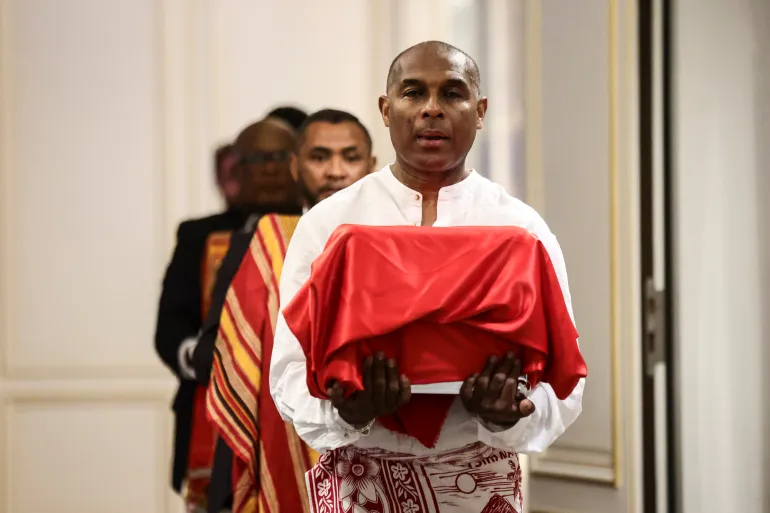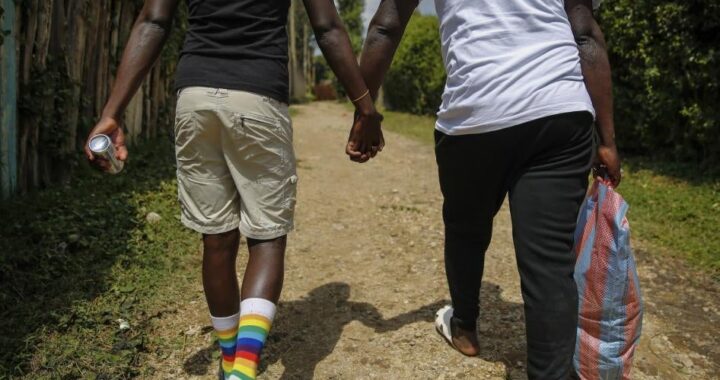France returns colonial-era skulls to Madagascar in historic restitution

France has returned three human skulls taken during its colonial rule to Madagascar, including one believed to be that of King Toera, a Malagasy ruler beheaded by French forces in 1897.
The handover, held at the French Culture Ministry, is the first repatriation of human remains under a 2023 French law enabling the return of looted artifacts.
The skulls taken as trophies after a violent French military campaign in northwestern Madagascar, had been held for over a century in the National Museum of Natural History in Paris. They belong to members of the Sakalava ethnic group, who resisted French colonization.
French Culture Minister Rachida Dati called the return a “historic event” between the two nations.
“This ceremony also symbolises the completion of a historical, scientific, and memorial process between our two nations,” she said.
Madagascar’s Culture Minister, Volamiranty Donna Mara, described the moment as healing an “open wound” that had lasted 128 years.
“Their absence has been – for more than a century, 128 years – an open wound in the hearts of the Big Island and particularly of the Sakalava community of Menabe,” Mara added.
A joint scientific committee confirmed the skulls were of Sakalava origin but could only “presume” one belongs to King Toera based on historical and anthropological evidence. DNA testing was not possible due to preservation conditions.
Mara also revealed that the government has made plans to honour the remains in a tribute which will coincide with the anniversary of King Toera’s execution in late August 1897.
The remains will be flown to Madagascar on August 31, 2025, where they will be buried in a traditional ceremony.
This restitution stems from a growing international pressure for former colonial powers to return looted cultural and human remains. France has previously returned artifacts to Benin and Senegal, but this is the first time human remains have been repatriated under the new legal framework.
This will enable proper recognition and acknowledgment of the violence of colonial history while honoring the dignity of those who resisted it.

 Sports Minister dares GFA to “Be bold” and name author of unsigned statement on Black Stars budget
Sports Minister dares GFA to “Be bold” and name author of unsigned statement on Black Stars budget  DR Congo: Ex-justice minister convicted of embezzlement in construction project
DR Congo: Ex-justice minister convicted of embezzlement in construction project  Ghana to Reopen Embassy in Tehran on September 16
Ghana to Reopen Embassy in Tehran on September 16  Burkina Faso Passes Bill to Outlaw Homosexual Acts
Burkina Faso Passes Bill to Outlaw Homosexual Acts